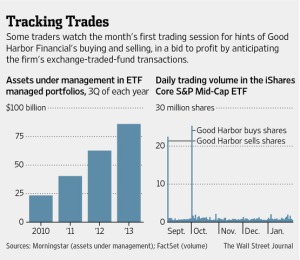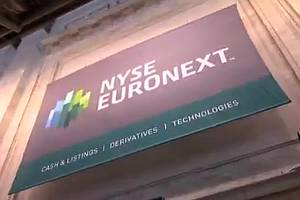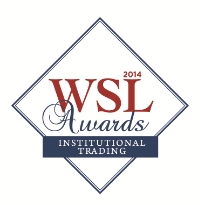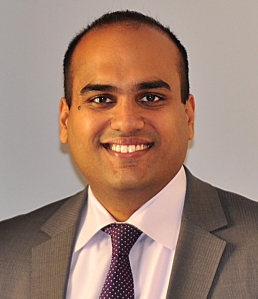Courtesy of ETF Strategy’s Simon Smith, CFA
State Street Global Advisors (SSgA) has expanded its range of short-maturity bond ETFs with the launch of the SPDR Barclays 0–5 Year Sterling Corporate Bond UCITS ETF (SYBQ) on the Deutsche Börse (Xetra).
The fund, which is linked to the Barclays 0-5 Year Sterling Corporate Bond Index, enables investors to participate in the performance of fixed income corporate bonds with a maturity of up to five years.
The index includes only investment-grade bonds, denominated in British pounds, from companies in the industrial, utilities and finance sectors. The index typically has around 220 constituents and is reviewed monthly.
As of 31 January, 2014, major constituents included Rabo Bank, UBS, Merrill Lynch, HSBC, Roche, ING, Vodafone, Anheuser-Busch Inbev and Citigroup. Financials had the largest representation with 51.53%, followed by industrials with 38.62% and utilities with 9.84%.
For the full article from ETF Strategy, please click here.






 Wall Street Letter, one of the Industry’s must-read publications courtesy of financial media company Pageant Media, just announced its “short list” of finalists in connection with WSL’s 3rd Annual institutional trading awards.
Wall Street Letter, one of the Industry’s must-read publications courtesy of financial media company Pageant Media, just announced its “short list” of finalists in connection with WSL’s 3rd Annual institutional trading awards.
